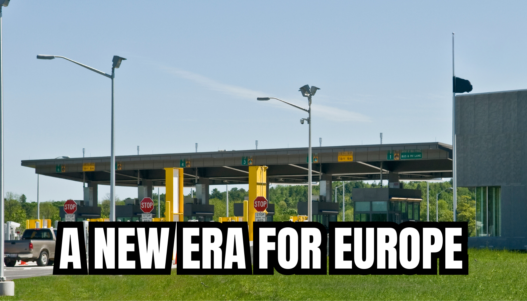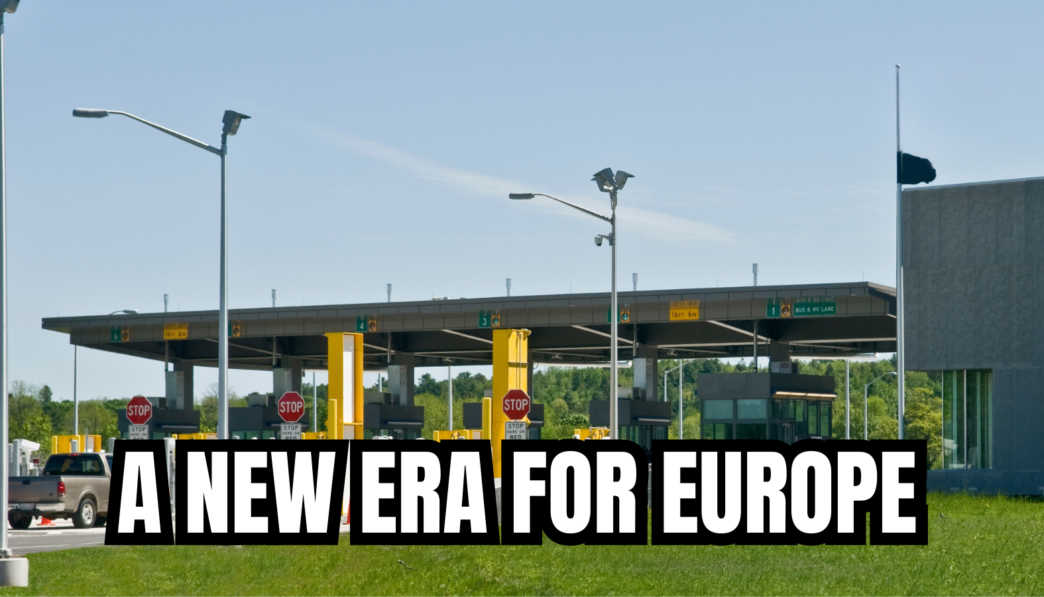In a historic move for the European Union, Romania and Bulgaria have been granted full Schengen membership under conditional border controls. This decision, which comes after years of debate, marks a turning point in Europe’s free movement framework and sets the stage for a new chapter in the EU.
What Does Conditional Membership Mean?
Full Schengen membership allows for the free movement of people and goods without internal border checks. However, for Romania and Bulgaria, the “conditional border control” clause means that their borders with other member states will continue to undergo certain checks for a transitional period. The European Commission emphasized that this phased approach aims to ensure enhanced security and better migration management across the region.
Why Now?
Romania and Bulgaria have been waiting for Schengen accession since 2007. Their membership bids were repeatedly delayed due to concerns from some EU countries over corruption and border security. The growing migration pressures and security challenges within Europe have now prompted a conditional approval to address these concerns while advancing integration.
Implications for Europe
This decision has significant political and economic ramifications within the EU. The expansion of the Schengen Zone is expected to boost trade and accelerate the integration of Romania and Bulgaria into the European market. However, it also raises concerns about increased migration and security risks, potentially sparking further debates about the future of Schengen.
Reactions from Romania and Bulgaria
The announcement was met with enthusiasm in both countries. Romanian President Klaus Iohannis called it “a major milestone on the path to full European integration,” while Bulgarian Prime Minister Nikolay Denkov stated, “This is a well-deserved achievement for our people after years of waiting.”
However, some EU countries, such as Austria and the Netherlands, remain cautious. Their ongoing concerns about corruption and border security suggest that Romania and Bulgaria will face continued scrutiny in the years ahead.
The Future of Schengen Expansion
The accession of Romania and Bulgaria is seen as a litmus test for the Schengen Zone’s capacity to expand effectively. It could also set a precedent for Western Balkan nations aspiring to join the EU’s free movement area in the future.
A Balancing Act of Opportunities and Responsibilities
As Romania and Bulgaria move closer to full integration into Europe, they must fulfill their commitments to security and reform. For the EU, this decision represents an opportunity to reaffirm its unity, but also a challenge to ensure that the Schengen Zone remains both secure and inclusive.













